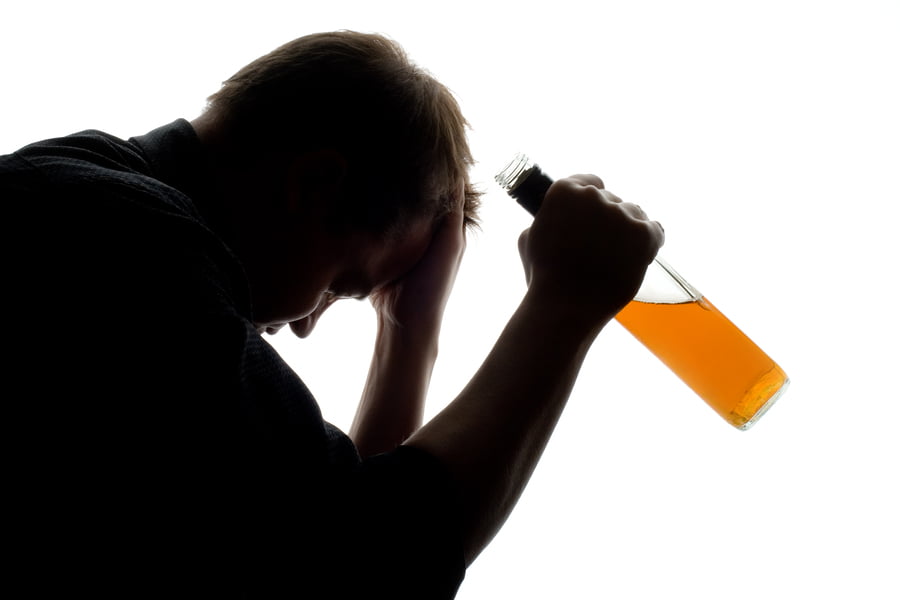Alcoholics – so far at least rats addicted to the bitter drop – can be saved from relapse following abstinence from drinking by turning off a trigger in the brain. Israeli and US researchers were able to identify and deactivate a brain pathway linked to cravings for alcohol, thus preventing the rodents from seeking alcohol and drinking it.
The researchers – headed by Dr. Segev Barak of Tel Aviv University’s School of Psychological Sciences and the Sagol School of Neuroscience, Profs. Dorit Ron and Patrician Janak of the University of California at San Francisco, on Sunday night published their findings online in Nature Neuroscience. The study was conducted in the University of California, San Francisco, in the lab of Professor Dorit Ron.
Related articles
- Israeli Makes Breakthrough Discovery In Liver Disease Treatment
- Alcohoot: The World’s First Smartphone Breathalyzer
Although the research was conducted in lab animals, the authors believe it is quite possible that similar studies will soon test the same treatment strategy in humans, and that the study paves the way for treatment of other addictions, including tobacco.
“One of the main causes of relapse is craving, triggered in the memory by certain cues – like going into a bar, or the smell or taste of alcohol,” said Barak, the lead author. “What we learned is that when rats were exposed to the smell or taste of alcohol there was a small window of opportunity to target the area of the brain that reconsolidates the memory of the craving for alcohol and to weaken or erase the memory – and thus the craving.”
Tracking the memory that reactivates addiction
In the study, researchers trained rats to voluntarily access 20 percent alcohol solution in special chambers by pushing levers, and they drank high amount of alcohol for three months. They were then put through a 10-day period of abstinence from alcohol.
…
To continue reading this article, click here.
Via The Jerusalem Post
Photo: Hard Times by Bigstock
Related posts

Israeli Medical Technologies That Could Change The World

Harnessing Our Own Bodies For Side Effect-Free Weight Loss

Missing Protein Could Unlock Treatment For Aggressive Lung Cancer




Facebook comments